A shortage of GPs across Tayside and Fife is causing concern but could potential visa issues see some doctors forced to leave the area?
Medical union BMA Scotland says some international doctors training here may have to return home due to current visas and sponsorship rules.
So what’s the issue? And what are Scottish Government plans to tackle the situation?
We speak to Dundee-based trainee Eric Fung, one of those who is affected.
BMA Scotland says the problem affects some GP trainees who wish to remain working and living in Scotland following their training.
‘I now have a home in Dundee’
Eric Fung is a second-year GP trainee in Dundee.
He says he could potentially lose his right to remain working in the UK when he completes his training next year.
He was granted his current visa – called a tier 2 – when he entered his GP training in August 2020.
He explains: “Seven years ago, I came to Edinburgh as a transfer student from Malaysia to continue my clinical training.
“After I graduated from medical school and completed foundation training in Edinburgh, I moved to Dundee to pursue my postgraduate specialty training in General Practice.
“I now have a home in Dundee and I wish to work and live here once I complete my GP training.”
‘I could lose the right to remain’
In order for him to work without restriction as a non-UK citizen, Eric will need Indefinite Leave to Remain (ILR).
To be eligible to apply, he has to have held his tier 2 visa for at least five years.
But even when he completes his GP training next year, he will still be two years short.
“In other words, I could lose the right to remain in this country once I am a qualified GP.”
Unless he is able to find a practice that offers visa sponsorship, his options to remain in Scotland as a GP will become extremely limited.
He adds: “I’m given only a two-week grace period after completion of training to find a practice that can sponsor me to remain in Scotland for at least another two years on my visa.
“Currently, there aren’t many practices which do this.
“There is already a significant number of international medical graduates in Scotland facing similar issues, so I will have to compete with them for visa-sponsoring practices.
“It’s a very real possibility I may have to leave Dundee, or even Scotland, to look for jobs.”
‘We’re desperately short as it is’
Blairgowrie GP and chair of the BMA’s Scottish GP Committee Dr Andrew Buist says Eric’s story is a huge concern.
“We know there are many others out there affected by this too. We’re desperately short of GPs as it is.
“The last thing we need is to be in a position where fully qualified clinicians are being left with no choice but to leave Scotland because of an issue with the terms and conditions of their visa.”
He says the BMA propose the Scottish Government creates fellowship posts for those trainees affected.
That would mean they could work as qualified GPs in Scotland while remaining employed and sponsored by NHS Education for Scotland (NES).
He adds: “Any practice finding it hard to recruit a GP should consider applying to become a visa sponsor.
“This will ensure these much-needed doctors are not forced to leave Scotland.
“A full-time GP trainee spends three years learning about the local healthcare service and the population.
“It would be a great loss to the community if the locally trained trainee had to leave – particularly in those already hard-to-recruit areas.”
‘Looking at ways to expand’
A Scottish Government spokesperson says visas are a matter for the Home Office, but it is continuing to press the UK Government on these issues.
It also said it is in dialogue with NES on potential for fellowship sponsorship.
An initial meeting will take place on August 11.
It added: “International Medical Graduates are vital to our health service.
“We are looking at ways to expand the Fellowship Sponsor Scheme to keep them delivering for Scottish patients.”
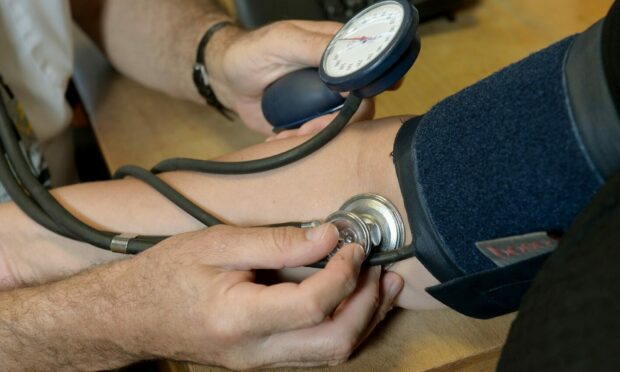
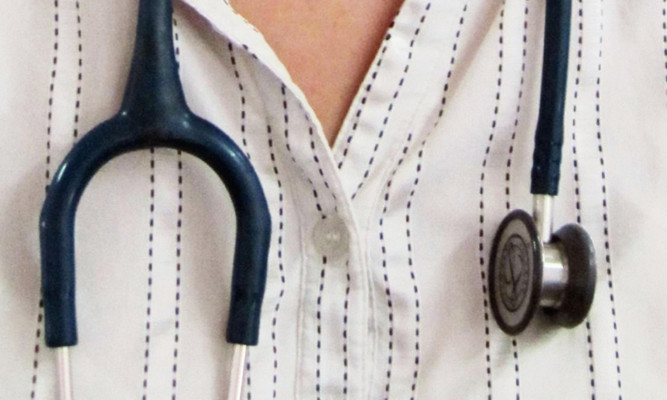


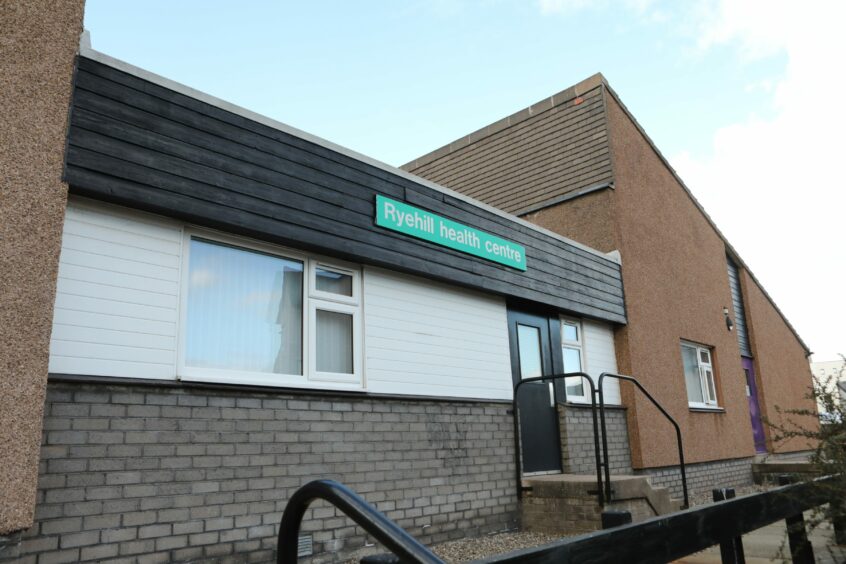
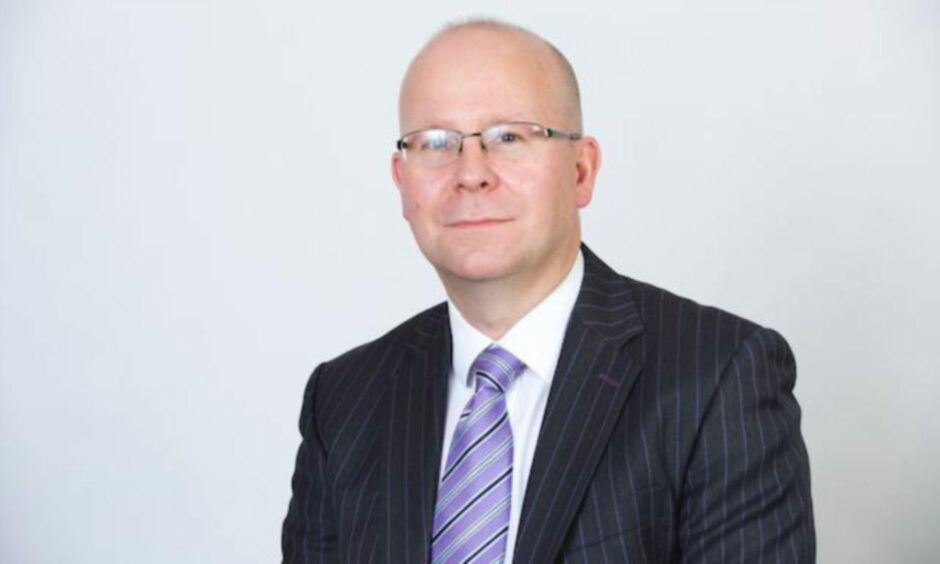











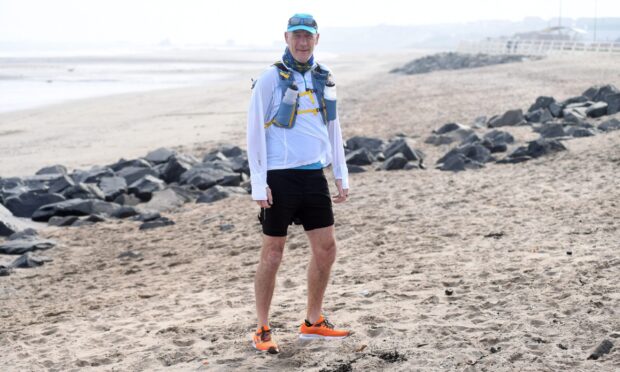
Conversation